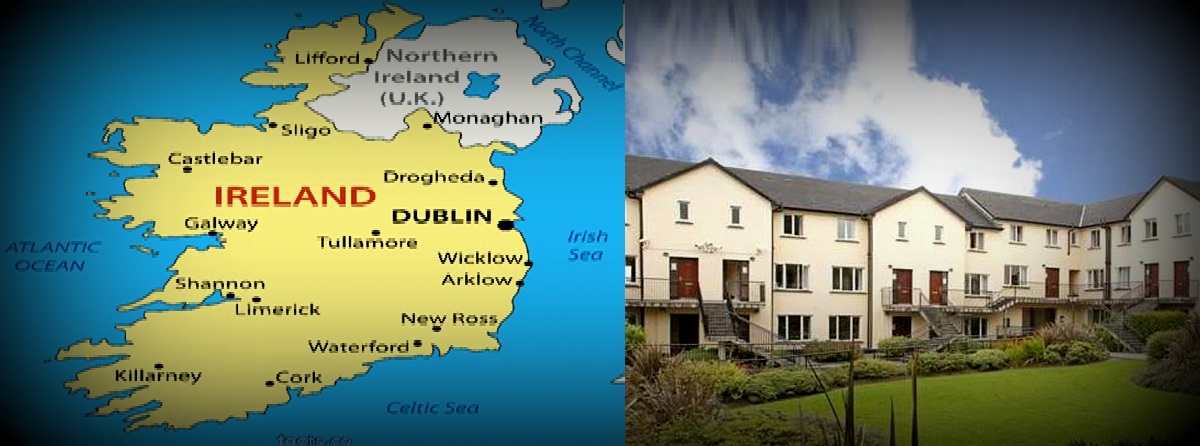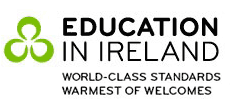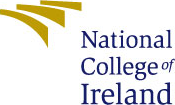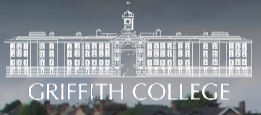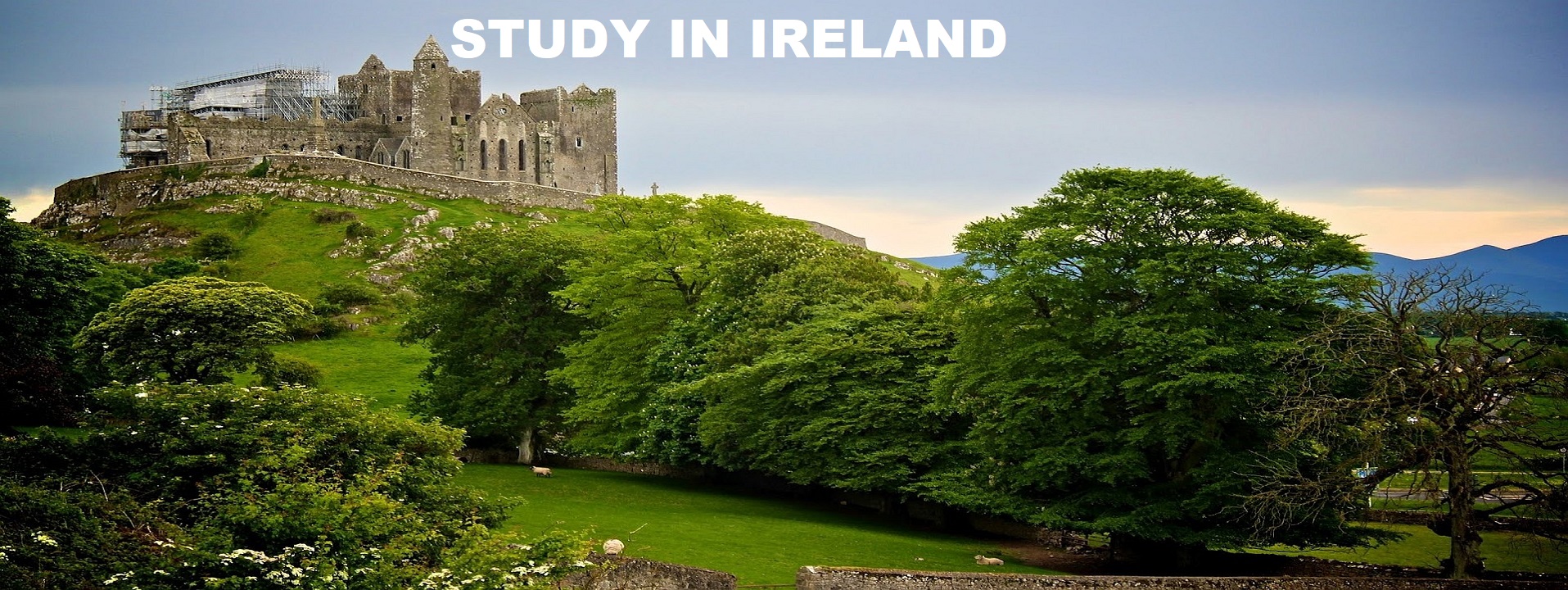
About Ireland
Masters Study Ireland | Indian students in Ireland | Best university in Ireland | MBBS in Ireland for Indian students | MBA study in Ireland
Masters Study Ireland | Indian students in Ireland | Best university in Ireland | MBBS in Ireland for Indian students | MBA study in Ireland
Ireland is a friendly, safe country But don’t just take our word for it. In 2010, Lonely Planet named Ireland the friendliest country in the world. In 2014, it ranked Ireland the 13th most peaceful place on Earth. Did you know that Irish people were behind all these life-changing inventions? The submarine, color photography, the modern tractor, the guided missile, the nickel-zinc battery, the portable defibrillator, the Gregg system of shorthand speed writing, the modern stethoscope, rubber shoe soles, soda water, a treatment for leprosy, the aircraft ejector seat and chocolate milk. Politically, Ireland is divided between the Republic of Ireland (officially named Ireland), which covers five-sixths of the island, and Northern Ireland, which is part of the United Kingdom, in the northeast of the island. In 2011, the population of Ireland was about 6.4 million, ranking it the second-most populous island in Europe after Great Britain. Just fewer than 4.6 million live in the Republic of Ireland and just over 1.8 million live in Northern Ireland.
Ireland has one of the best education systems in Europe. The quality of the Irish education system is a major contributing factor to the rapid rate of economic growth Ireland has experienced over the last few decades. Irish higher education institutions are widely recognized for excellence in many disciplines. Ireland is recognized as an international location for high-quality scientific research. Ireland is an English speaking country.
Living in Ireland
Masters Study Ireland | Indian students in Ireland | Best university in Ireland | MBBS in Ireland for Indian students | MBA study in Ireland
Accommodation – A guide for international students
You will have a range of options to choose from, with varying costs attached. Student accommodation in Ireland falls into four broad types:
- On-campus accommodation: Campus accommodation in halls of residence is always in demand and can be relatively expensive. It is generally organized as apartments of 4 to 8 students, with a private bedroom and a shared kitchen, living room and bathroom. Rent must normally be paid at the start of each semester, rather than on a monthly basis. An advance deposit is also required, refunded when you leave. Utilities such as heating are usually extra, although several halls of residence include heat and electricity in their initial charge and deduct payment for usage in excess of the average allowed for from the deposit. It is important to check specific arrangements with your college.
- Long-term student hostel: There is limited availability for this option but it can be quite flexible. You stay in a hostel with other students and your monthly rent provides for use of a communal living area and kitchen, along with a bedroom. Breakfast and sometimes dinner will be included in the rent, as are utility bills.
- Accommodation with a family: You can live as a paying guest in an Irish home, where you have your own room with space to study, but otherwise share the house with the family. This is a popular option with students attending English language schools, especially for short courses, but is also an arrangement that works well for many further and higher education students. In Ireland, accommodation with a family is commonly known as living in ‘digs’; in other countries, it may be better known as ‘homestay’. Normally, morning and evening meals will be provided but you will need to buy your own midday meal on campus or elsewhere. There are no extra charges for heat, light etc., and some of your laundries will be done.
- Private rented accommodation: The options here include renting a bed-sit, a flat/apartment or sharing a house. It is usually cheaper to share accommodation with others.
A bed-sit is an essentially a single room unit with basic cooking facilities (a mini-kitchen area), a bed and some additional furniture. Toilet and bathroom facilities are generally shared with the other occupants of the building through there may be a self-contained shower.
A flat or apartment will offer a kitchen and living room (possibly combined), a bathroom and one or more bedrooms. Again, quality and cost vary. A compact one bedroom unit may cost little more than a bed-sit, while a for flat/apartment will cost substantially more.
A house or apartment share with other people can be the cheapest, as bills are divided among more people. Sharing a room can reduce costs even further.
In all cases, rents are usually payable monthly and in advance. At the beginning of a letting period, you pay a deposit of one month’s rent, which will be refunded when you leave (provided you have not caused any damage to the premises). The normal length of a lease is 9 or 12 months, and it can be difficult to find anything shorter. If you break a lease without notice or if you do not adhere to the terms of the lease, you will lose your deposit.
Masters Study Ireland | Indian students in Ireland | Best university in Ireland | MBBS in Ireland for Indian students | MBA study in Ireland
Institutions Represented

